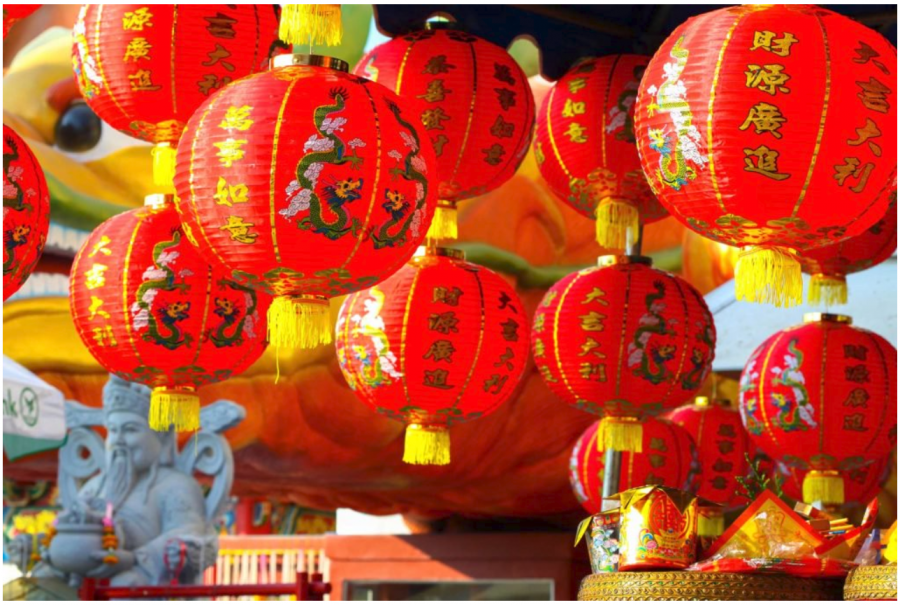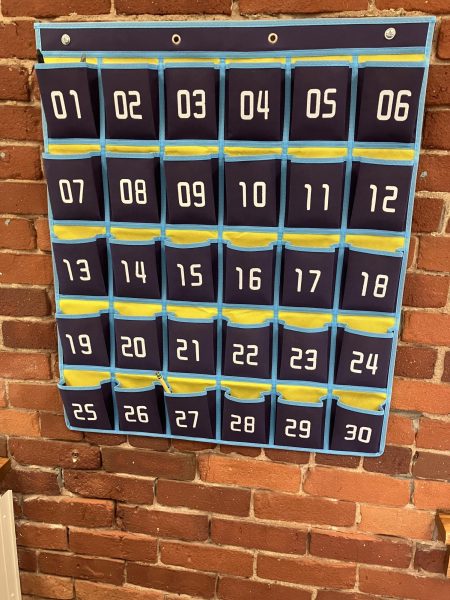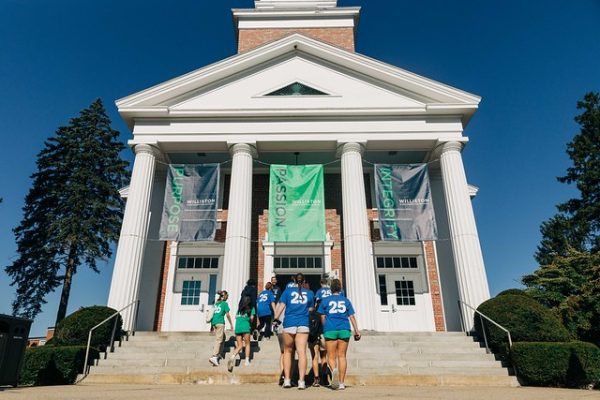East Asian Students Bring the Lunar New Year to Campus
New Year might come for some people on the first day of January, but for others it starts in mid-February.
For Chinese people and others from Asian countries like Korea, Vietnam, Laos, and Singapore, the New Year is based on a completely different calendar called the lunar calendar, which operates by the cycle of the moon. Its origin is based on the Chinese tradition, therefore it was named “Chinese New Year,” but some people might know it as the Lunar New Year. This year, Lunar New Year fell on Tuesday, February 5.
There are differences when it comes to celebrating the New Year in each country. For example, Vietnamese people celebrate their New Year, which is called Tet, in a similar way to Chinese, which is according to the moon cycle, lasting about 15 days. However, Koreans celebrate Seollal, which only lasts about three days.
For Williston students coming from these countries, it is very hard to celebrate their country’s biggest festival since it is not celebrated in the U.S. However, there are many ways for them to honor their traditions without being home.
Punn Kantaratt ’19 from Thailand, believes that homesickness may appear during the first year, but since it is her fourth year at Williston, she has found a way to keep her country’s tradition alive.
“I remember before I went to Williston, when Lunar New Year came, my family would go to my grandmother’s house to celebrate,” said Punn. “But now when the day came I’d just text them and they would send me pictures of their celebration at home to me to make me feel like I’m still there.”
She went on to say that she believes that the Lunar New Year tradition will always be with her no matter where she goes.
“I don’t think that I’d ever be able to let go of my culture and tradition because my family in Thailand is still celebrating them,” she said. “My mom always sends me pictures and talks to me about what our family does during these holidays so I always feel like I’m still celebrating it with them.”
Jack Long ’21, a Williston student from Shanghai, shared the same belief as Punn when it comes to tradition: it will be with you wherever you go.
“In China, there’s this TV ceremony that will be broadcasted across many channels and everyone watches it,” said Jack. “I could watch it online to get a feel of some holiday spirit back in Asia.”
Williston students often uses Willy World events, a cuisine and cultural experience, for students to celebrate their holidays.
Erin Chai ’21 loved the food be served at Willy World and said she looks forward to every Willy World event.
“I love the food because some of it tastes pretty much the same like the ones we have back home,” said Erin. “I wish that we have more food from different countries around the world as well.”
For Punn, Willy World is a time for her to bond with her friends.
“I love Willy World because it’s a time for me to eat food with my friends and even though our signature dish aren’t always the same, we always get excited to see the food since we know all [of it].”
Jack even took a step further to show his enthusiasm by taking part in the creation of Willy World Asia – a day when Williston students will be celebrating Asian cuisine.
“I’m very much looking forward towards the Asia Willy World,” said Jack. “I helped with putting together the possible menus of the Willy World, and I liked my job as the food I picked could potentially open up someone’s perspective towards one kind of Asian cuisine. It’s something meaningful.”
Other than the lovely food, Willy World is also a time for Williston students to learn more about different countries’ cultures.
Punn believed that students know about Lunar New Year celebration, but they might not know the meaning behind it so Willy World Asia would be the perfect occasion to explain it.
“We can put a poster explaining the meaning of Lunar New Year in the dining hall,” said Punn. “Or maybe we can put little brochure on the each table in dining hall so that it would be noticeable.”
Nhi is a senior at Williston. She is from Hanoi, Vietnam. In her free time, she enjoys taking pictures and hanging out with friends. Next year she will...












